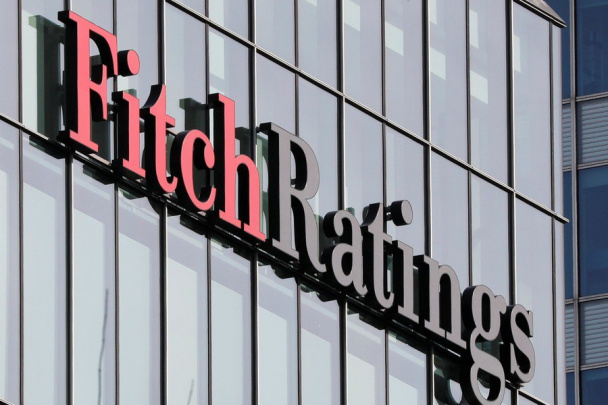S&P changes forecast on Uzbekistan to “negative” due to the increase of foreign debt
S&P Global Ratings has revised the forecast on the long-term ratings of Uzbekistan from “stable” to “negative”. In addition, the agency confirmed long-term and short-term sovereign credit ratings of Uzbekistan on foreign and national currency obligations at the level of «BB-/B».
The forecast “negative” reflects the possibility that the government’s external debt will continue to increase rapidly in the next 12 months – in particular, due to the costs associated with the COVID-19 pandemic, the positive effects of government investment through increased borrowing will be felt only in the medium term.
“We can further cut ratings if, as a result of the accumulation of external debt by 2023, we see a significant deterioration in Uzbekistan’s balance sheet performance or an increase in external financing needs. This may happen if the rate of economic growth or current account revenue does not rise to the level that allows to decrease the need for the attraction of additional external financing,” the press release stated.
The forecast on Uzbekistan’s ratings may be changed to “stable” if the rate of foreign debt growth slows in the medium term.
It is noted that the growing integration of a country with the global economy and the reform of State-owned companies can be positive rating factors if they lead to greater potential for growth and economic resilience. Further diversification of the income base or export structure will also have a positive impact on sovereign ratings.
The strong position of Uzbekistan as an external net creditor and the low level of government debt are positive rating factors.
However, both indicators deteriorated sharply between 2019 and 2020. The Government became a net debtor and its debt obligations exceeded the amount of assets mainly accumulated in the Reconstruction and Development Fund of the Republic of Uzbekistan. At the same time, experts estimate that Uzbekistan’s gross external debt will exceed the level of liquid external assets due to further borrowing in 2020. This will be a significant change, as Uzbekistan was formerly a high-performing external net creditor.
Analysts forecast a 1% decline in economic growth in 2020, due to the impact of the COVID-19 pandemic and weak performance of Uzbekistan’s main trading partners due to low oil prices. Uzbekistan’s economy is expected to grow at a rate of 1% in 2020.
Related News

09:19 / 31.05.2024
Uzbekistan may introduce energy consumption rating

13:43 / 05.04.2024
Businesses to receive subsidies for expenses for participation in exhibitions and fairs in accordance with the category in the Sustainability Rating of Business Entities

10:12 / 12.12.2023
Fitch agency annuls Tashkent’s credit rating

17:19 / 14.03.2023




